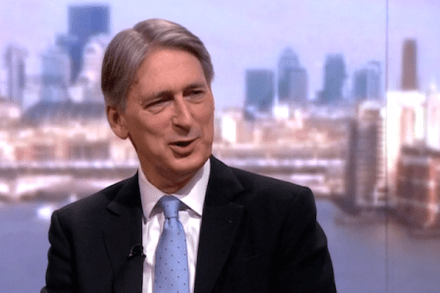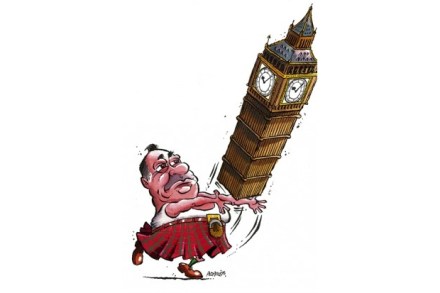A masterclass in dodging questions from Philip Hammond and Caroline Flint
Two politicians put in very assured and impressive performances on Marr this morning – if you can include nimbly dodging questions that you don’t want to answer ‘impressive’. of course, within the parameters of the way politicians are expected to behave, Caroline Flint and Philip Hammond did very well because they didn’t give anything away that they didn’t want to, and they’d clearly practised rather a lot in order to stop themselves giving away that information. Flint was asked to rule out a pact between Labour and the SNP. She didn’t, but she also survived the questions rather well: ‘We are focused on winning a Labour majority government and let




















